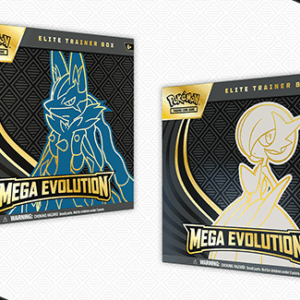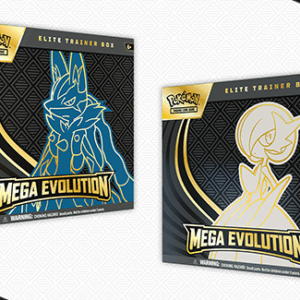Beckett Grading Services, a once-prominent name in sports card grading, is facing a steep decline amidst industry growth and an ownership scandal. As per data from GemRate, BGS graded only 32,000 cards in November, marking a significant 32% drop from October and a 43% decline compared to the previous year. This downward spiral comes in the wake of legal issues surrounding Greg Lindberg, the owner of Beckett’s parent company, who was recently implicated in a $2 billion insurance fraud scheme.
Lindberg’s legal troubles have uncovered financial instability within the company, with court filings revealing questionable practices such as securing a $100 million loan against Beckett Grading Services but only receiving $500,000 from it. This mismanagement has raised concerns about the company’s future viability, with the looming possibility of liquidation as Lindberg’s assets face scrutiny. The scandal has also eroded collector confidence, making it even harder for Beckett to recover in the competitive grading industry.
Beside the scandal, Beckett is struggling to keep up with the industry’s growth momentum. While the sports card grading market is booming with companies like PSA, SGC, and CGC seeing annual increases in grading volume, Beckett has faltered. It has now fallen to fourth place among the “Big Four” grading companies, behind CGC, which has surpassed it in sports card grading despite traditionally focusing on TCG and non-sport cards. The decline is evident as sports cards comprised 60% of Beckett’s total volume, showcasing its struggles even in its core market segment.
Despite its challenges, Beckett has managed to maintain influence in niche markets, particularly with its Black Label 10s and Pristine 10s grading, which fetch premiums among collectors, especially in the TCG sector. However, this niche strength has not been sufficient to offset losses in high-volume grading. Competitors have also intensified their marketing efforts, further overshadowing Beckett’s offerings in the market. Although Beckett made efforts like special promotions, its relatively higher pricing has made it less competitive in the current landscape.
Another point of concern is Beckett’s diminishing role in grading iconic cards, such as the 1952 Mickey Mantle and the 1989 Upper Deck Ken Griffey Jr. While historically a top choice for collectors of these legendary cards, Beckett’s grading activity for these marquee items has seen a decline. This trend signals a broader loss of traction by Beckett in areas where it once excelled, hinting at deeper issues within the company.
Despite the challenges, Beckett still holds ground in certain niches like high-end basketball cards, TCG grading, and Topps Now limited-release cards grading. However, the overall decline in grading numbers underscores the need for Beckett to adapt and innovate to stay relevant in a rapidly evolving industry where competitors are thriving.
In essence, Beckett Grading Services faces a daunting uphill battle with legal entanglements, fierce competition, and a shifting market landscape jeopardizing its position in the sports card grading industry. While the company’s reputation for premium grades remains valuable in niche markets, the road ahead is uncertain. Will Beckett be able to revamp its strategies and bounce back, or will it continue its downward trajectory? Stakeholders and industry observers eagerly await to see if Beckett can navigate through these challenging times and emerge stronger in the face of adversity.






